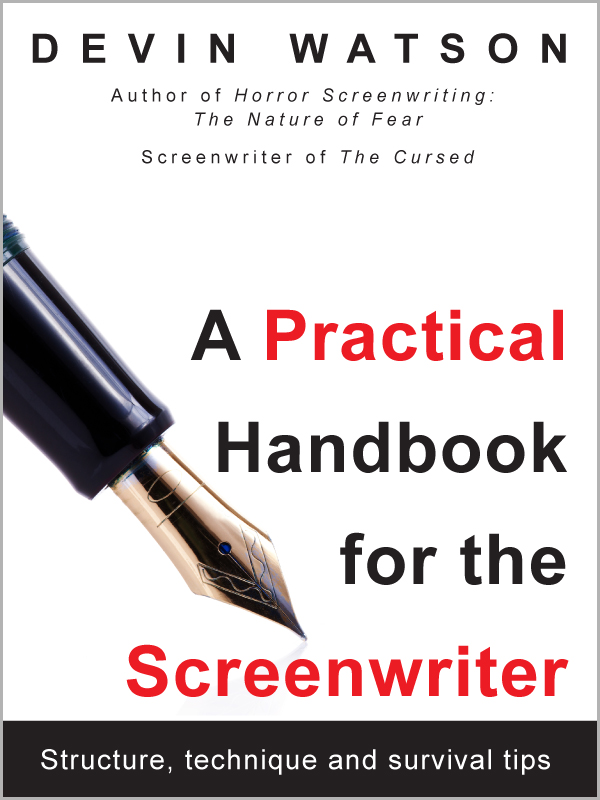This guy got a lot of attention for his brutally honest blog post. Enough so that he managed to get his site slashdotted and hit up with a ton of comments.
The gist of the story is: guy spends six months and $32,000 to develop a game for the iPhone which just happens to be a type of game that is already saturated on the App Store. Then he finds out later on that he has (potentially) made a mistake, less than a month out.
While the comments on his blog are a lot more civil and rational than the ones on Slashdot, they both speak to the same type of problem. People thought they could practically mint their own coinage trying to make and sell games on the iPhone. Guess what? Everybody made one (or more) and that particular micro-market got absolutely flooded. And why do I call the iPhone a micro-market? Compare the number of iPhones to the number of PCs and consoles out there.
Certainly there was a lot of finger-pointing at him saying, “What you should have done was this…” as well as a lot of “welcome to the free market” icy bantering. Truth is, I’ve seen this before in the world of web development and, honestly, it amuses and frightens me at the same time.
Based on his own admissions in his post, Owen said he used the $32k to farm out the work to someone else, and then used the rest to cut himself a meager salary for the six months of development time. This is where he and I would part ways. True, I used to be a hired gun that would do programming projects similar to this and have been on the receiving end of some money in that regard, but it wasn’t really enough to get by on for the time necessary to complete the project. It never is. You’re building someone else’s dream on a shoestring budget that means it really shouldn’t exist at all. And this is where Owen should have stepped up for himself and did the development himself or with a few friends. There’s a few bucks saved right there.
Every single project I have worked on for myself has been for free, using nothing but sweat equity. Venture capitalists might cringe at the thought of making software applications and services for nothing. I may be in charge, but this also means I am working without a net, so herein lies the conundrum. I make games in my spare time, when I have them, but they get made with a lot of fun and love. Which is why you don’t see any new ones come out often on here.
I follow the philosophy of Valve: “It’ll be released when it’s done. No sooner, no later.” And I do recognize that I am one person and Valve is a massive company with tons of revenue. That doesn’t change the fact that the philosophy is a good one in my opinion. Make a quality product that people value and they will continue to come to you. What a concept.
There were some salient points made in the comments though, tough as it might’ve been for Owen to hear them. Focusing on a type of game (color matching) which was already glutted in that particular market shows a lack of due diligence on his part as a businessman. All he had to do was go look in the App Store to see that there were a ton of them out there, and he would be hard-pressed to distinguish his game amidst a sea of all-alikes. Let that be a lesson to you too: make a game because it’s fun and possibly innovative, not because you’re looking to cash in on the money by being a me-too. Be different. It’s not as difficult as it’s made out to be.
Taking a salary from that $32k was another mistake on Owen’s part. If he was just starting out, he should have considered deferring any pay to himself until afterwards. That’s just plain squandering what precious little money he had. Oh, but how would he survive then? He farmed the work out to someone else, so it’s not like he was doing it all himself. Given that, there was a lot of “spare time” moments now suddenly freed up to do other things, like a day job to help him get by, then come home and cram in a few hours of work if he really wanted it. When you’re hungry and you believe your idea is worth it, you won’t look at the money as a means of completing the project; only your own hard-earned sweat and tears will get it there.
With that salary freed up (the exact amount is not mentioned), he could have used it as marketing dollars. In marketing, money talks. Marketroids are coin-fed, and if they know what they’re doing they can convert that coin into an even bigger pile of coin for you. And I say marketroid in the nicest possible way.
There was general consensus that $5.99 was too much money to charge for such a game in that market. If he had kept back some of the $32k, that’s money he wouldn’t have to recoup at the end in numbers of units sold and would’ve been able to come out of the gate with a lower price that was more attractive to the market segment he was targeting.
So why do I bother making games at all if I’m not going to sell them and throw myself into a gigantic marketing machine? Because I’m doing it using only sweat equity and frankly this is not something I want to be doing full-time right now. I’m also doing this in the hopes that someone else out there who does want to go the distance and become a game developer might learn something about the techniques and craft behind it.
I also believe that, in this day and age, it isn’t necessary to pay for Google AdWords to get a few extra hits, or bribe a dozen game review sites in the hopes that I might get a few sales. To each his own though. If you have a proven method that is repeatable for getting the word out about your game and showing how absolutely awesome it is, by all means don’t stop.
I don’t wish Owen any ill will at all. It’s tough to make a commercial game for any platform and get it to stand out, especially one that swims in such a small pond. Maybe he should’ve considered making it for the PC first to test the waters with self-distribution through his own site?
Certainly food for thought.
And this is what kept me out of the good schools, to quote a wise sage.
2 thoughts on “Why Bother Making Games”
Comments are closed.






Great article. I’m an “indy” developer. My product Jiggle Balls has been in the App Store for about 3 weeks. My philosophy was to get something out there without investing too much (time or money). So I relied on a physics engine called Box2D to do much of my work. My version 1.0 app was ready in a week. I’ve since release 2 updates adding the features I initially wanted. If I had spent 6 months developing the same app and adding all the bells and whistles, I pretty sure the result would have been the same (in fact, each update gives me a bit of a boost). I’m doing this because I enjoy it and it was a challenge (mostly to get through the App Store process). If I get recognized at some point, great… but I certainly am not hiring developers or artists or going into debt.
Good luck, Doug. I applaud anybody trying to brave the odds. Any time you can reuse code that someone else allows you to in your own games can save a lot of time and headaches during the development process, no matter the platform. Any chance of releasing on a platform other than the iPhone, such as OS X, to increase your potential customer base?
Keep up the good work.